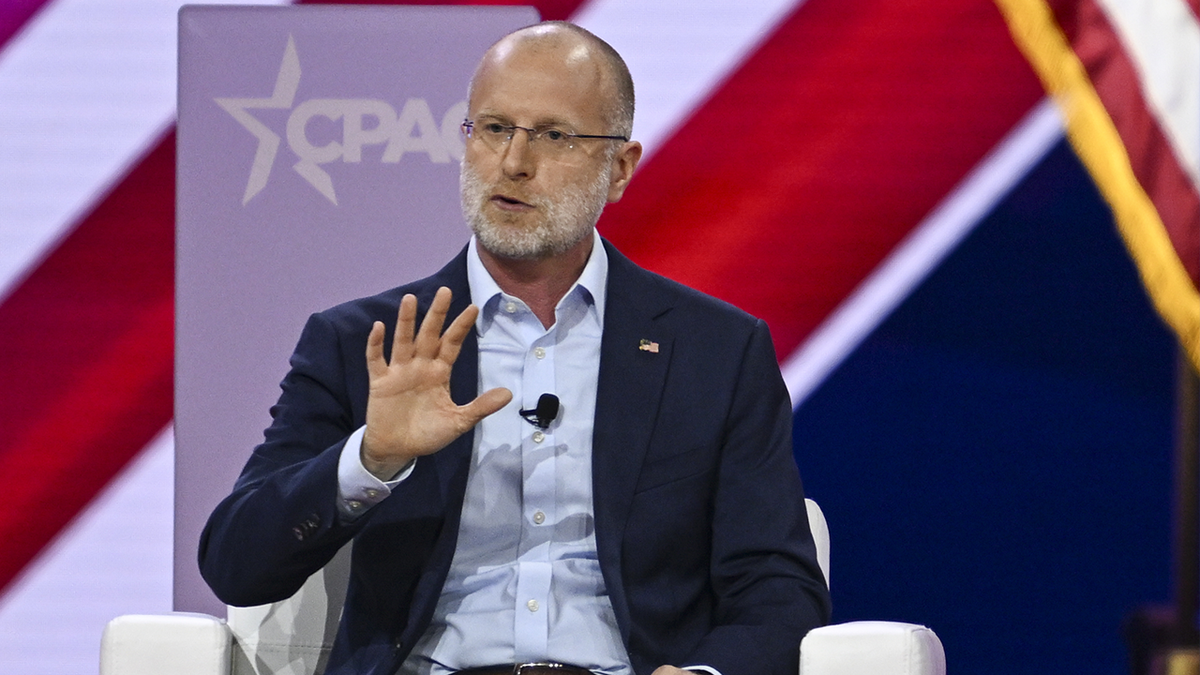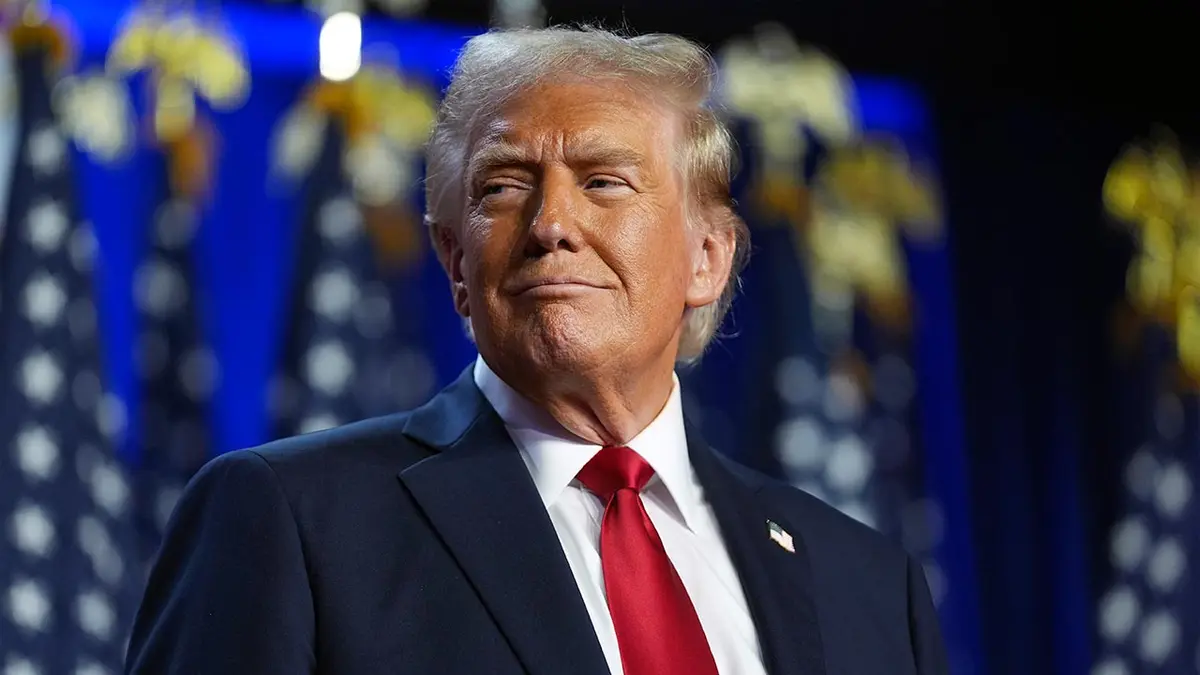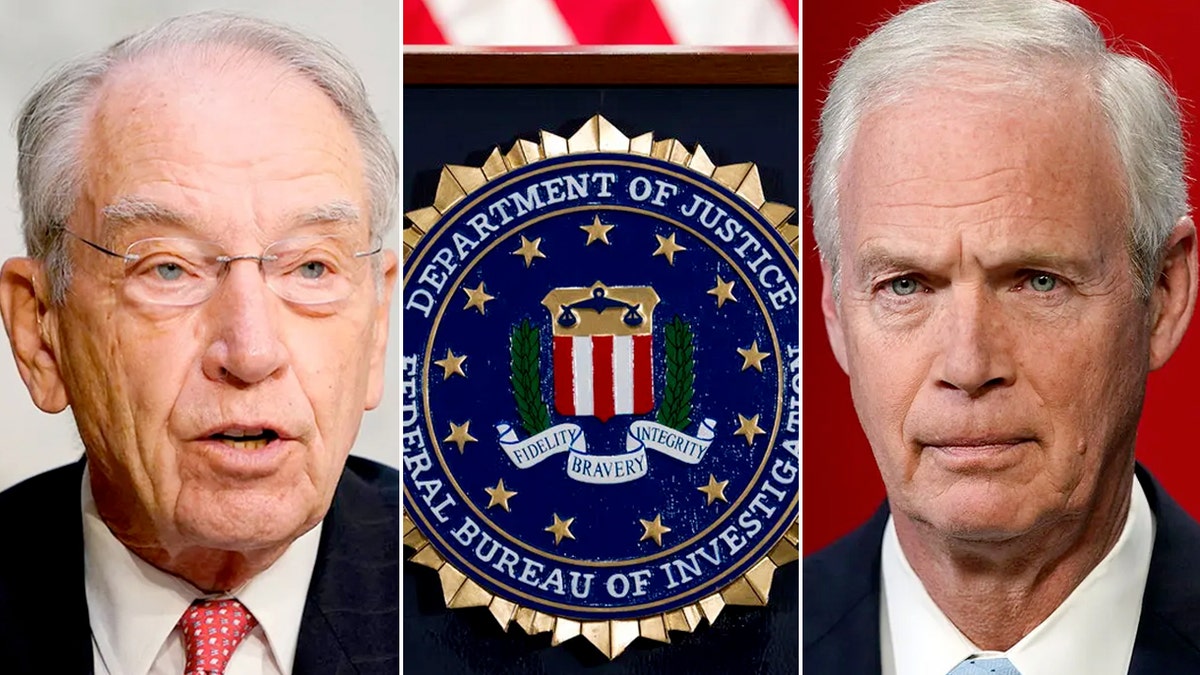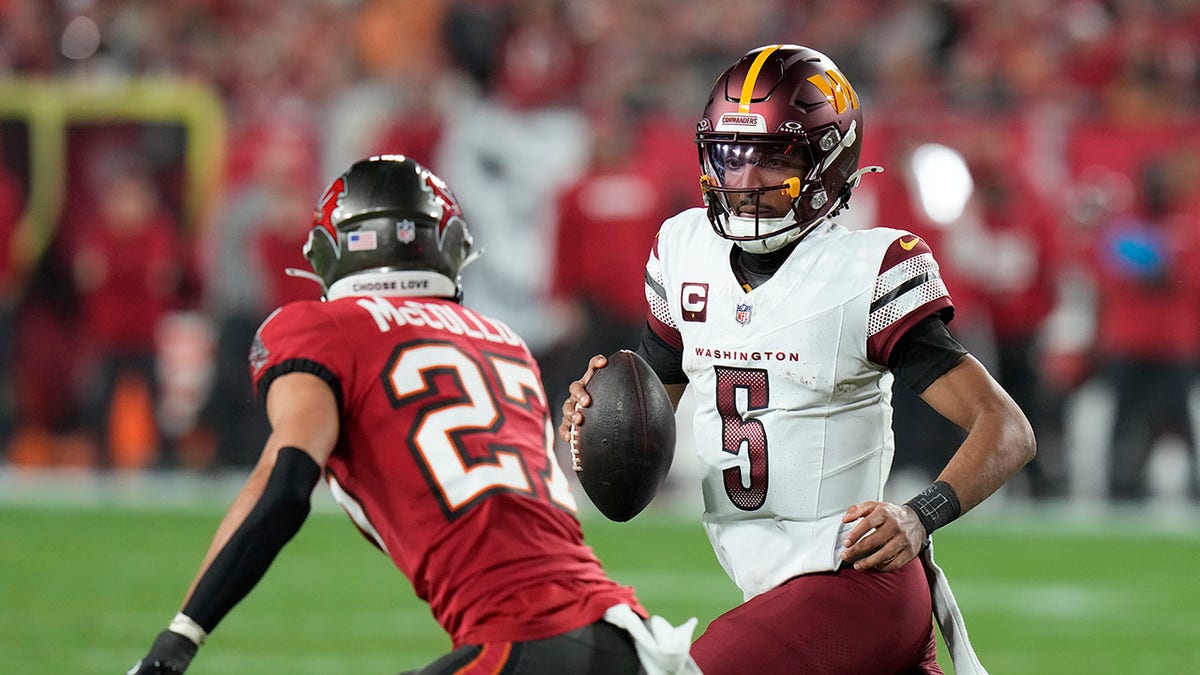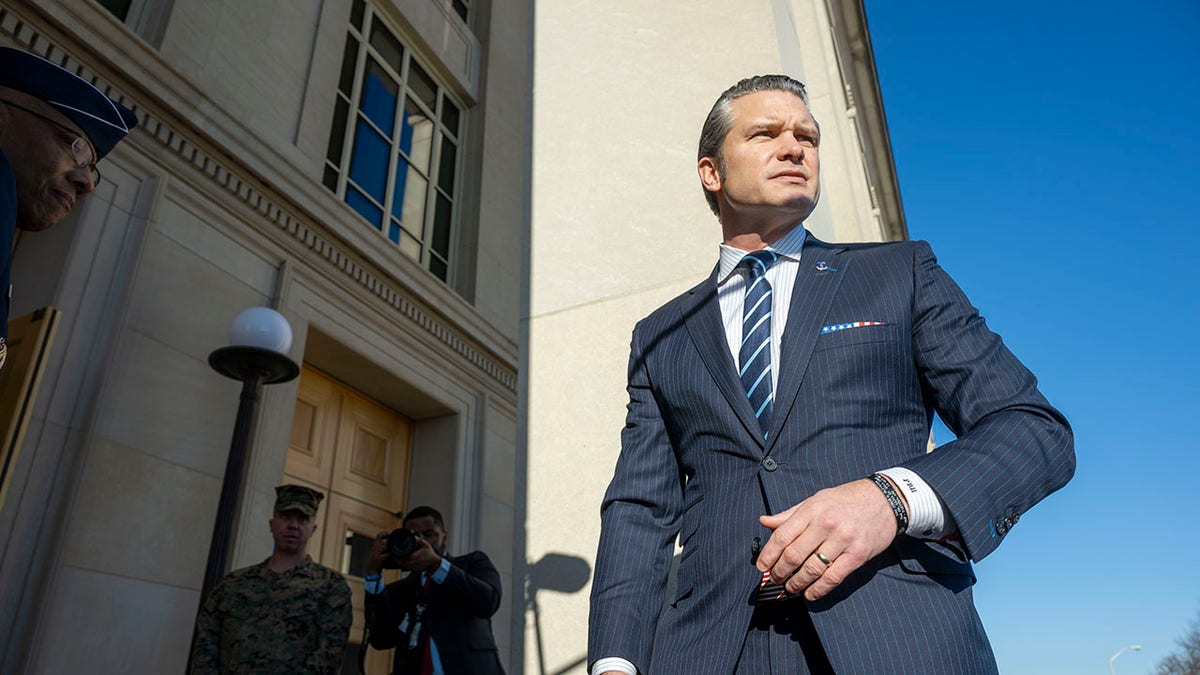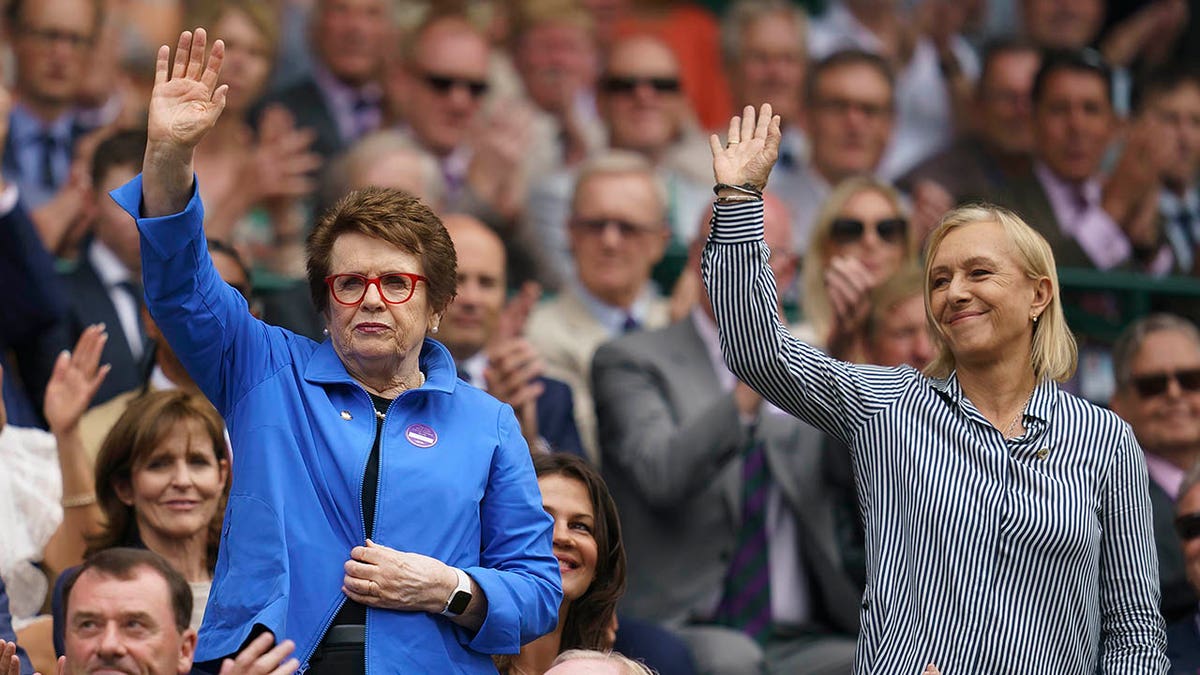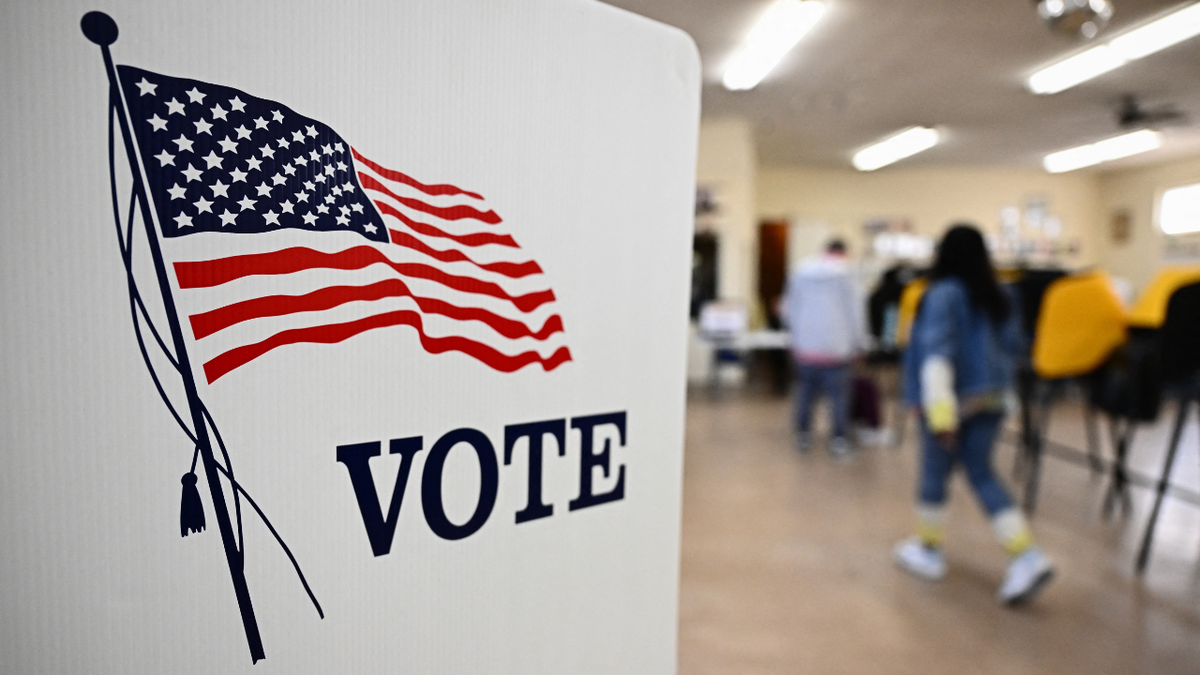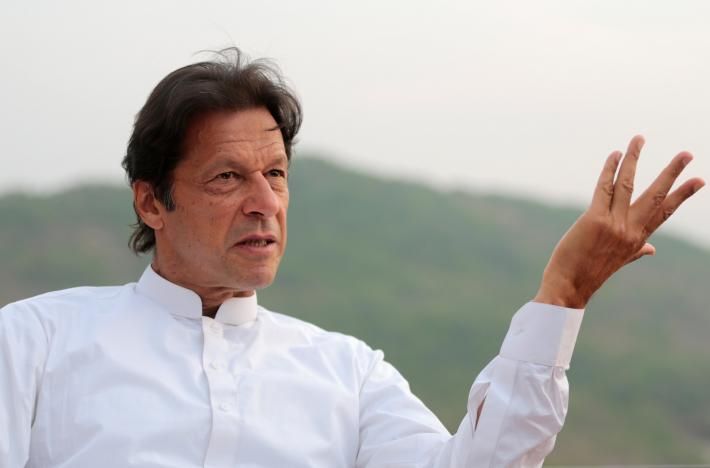FCC Chair Brendan Carr has initiated an investigation into National Public Radio (NPR) and PBS concerning potential violations of federal regulations regarding advertising on noncommercial stations. Carr expressed concerns that underwriting announcements aired by NPR and PBS member stations might be crossing the line into prohibited commercial advertisements.
Underwriting sponsorships, while similar to traditional advertisements, are subject to different FCC rules. Carr's investigation aims to determine whether these public broadcasting entities are adhering to these regulations. In letters addressed to NPR CEO Katherine Maher and PBS CEO Paula Kerger, Carr stated his intention to inform Congress of the investigation, particularly given ongoing discussions regarding continued taxpayer funding for NPR and PBS.
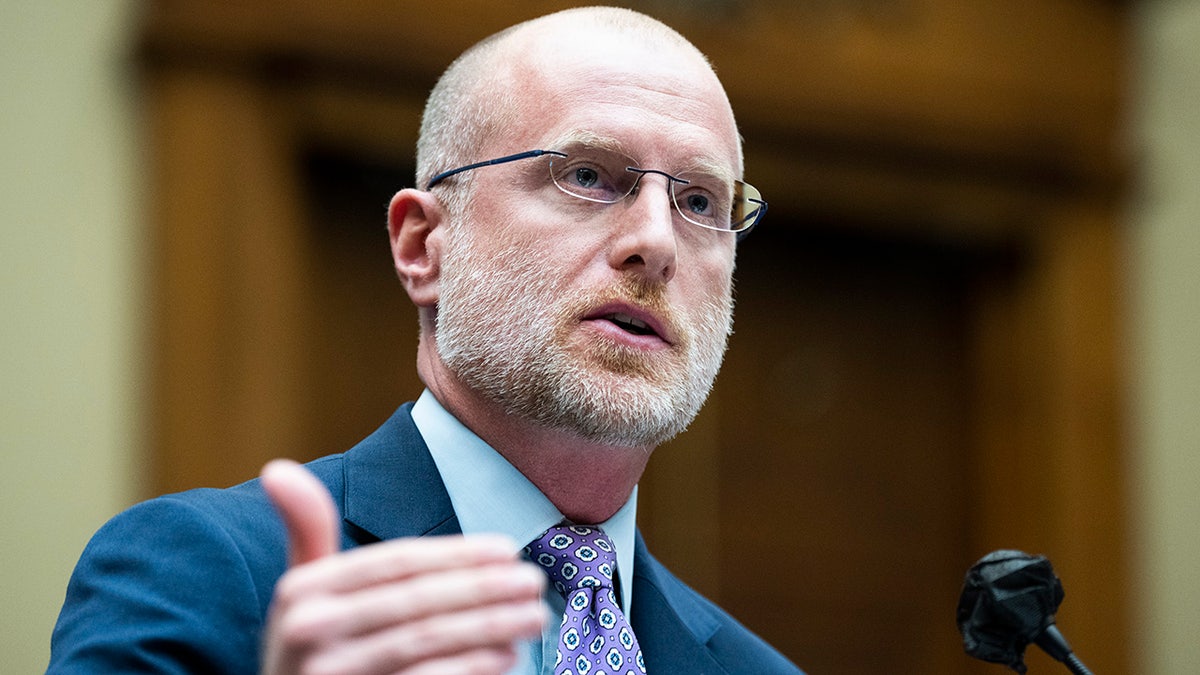
He argued that if taxpayer funds are being used to support activities that violate advertising regulations, it would weaken the argument for continued public funding.
Both NPR and PBS have responded, asserting their compliance with FCC regulations. NPR CEO Katherine Maher stated that NPR's sponsorship practices adhere to federal regulations, including FCC guidelines on underwriting messages. She expressed confidence that any review would confirm NPR's adherence to the rules and highlighted NPR's long-standing collaboration with the FCC in supporting noncommercial educational broadcasters.

PBS echoed this sentiment, stating their commitment to complying with FCC underwriting regulations and welcoming the opportunity to demonstrate their compliance to the Commission.
This investigation comes amidst a broader political debate concerning the future of public funding for NPR and PBS. Former President Trump has publicly expressed his opposition to continued funding for NPR, calling it a "liberal disinformation machine." Several Republican members of Congress have also introduced bills aiming to defund these organizations, citing concerns about bias and the use of taxpayer dollars to promote political agendas.
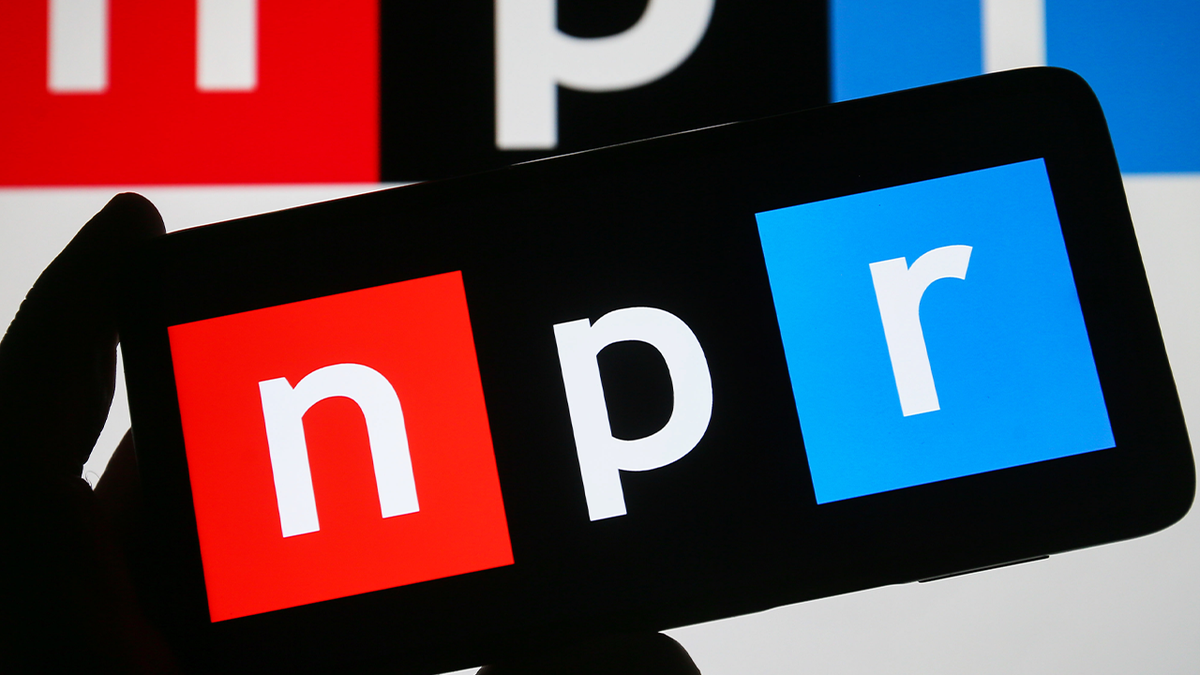
Carr's recent scrutiny of NBC's decision to host former Vice President Kamala Harris on "Saturday Night Live" shortly before the 2024 election, citing potential violations of the FCC's equal-time rule, has further raised his profile. His appointment as FCC Chair by President Trump following the 2024 election signals a potential shift in the FCC's approach to regulating public broadcasting and media organizations.
